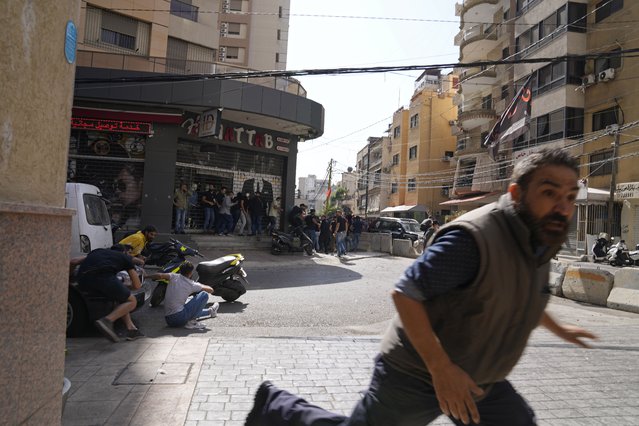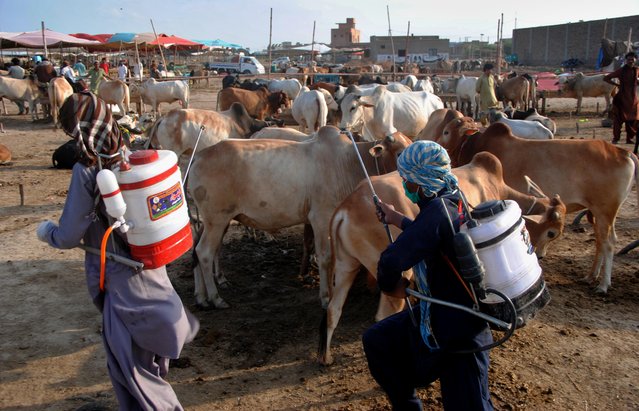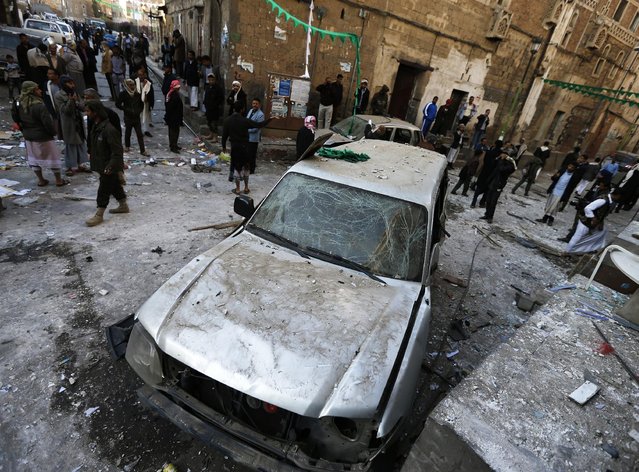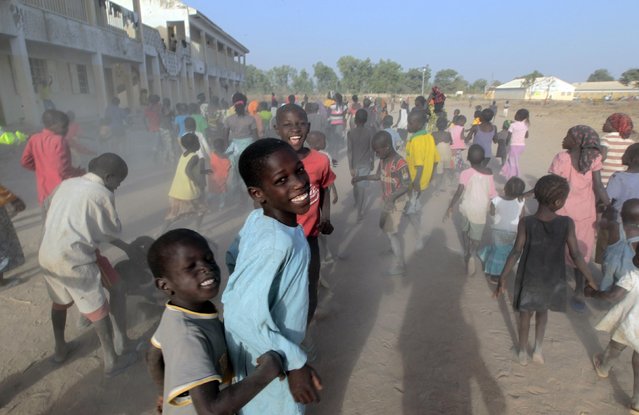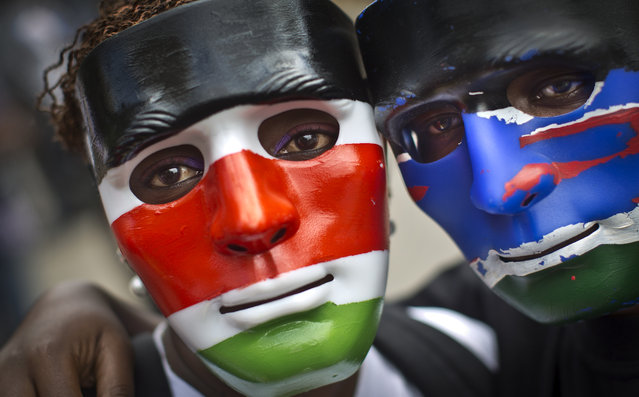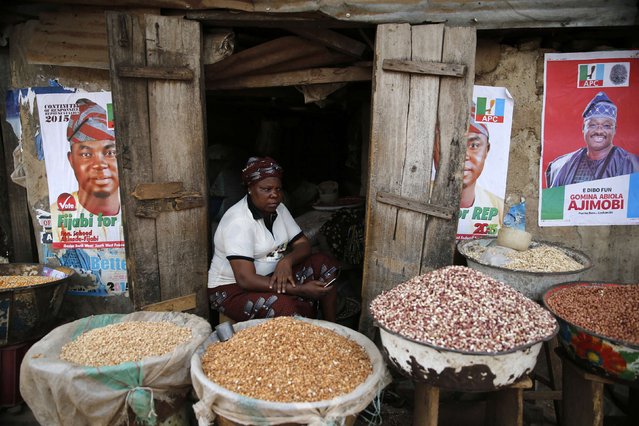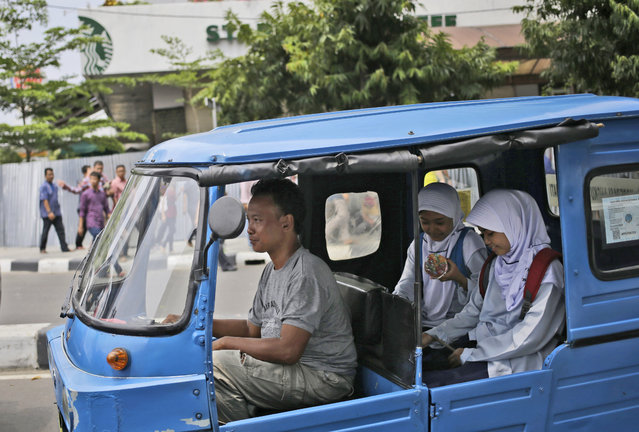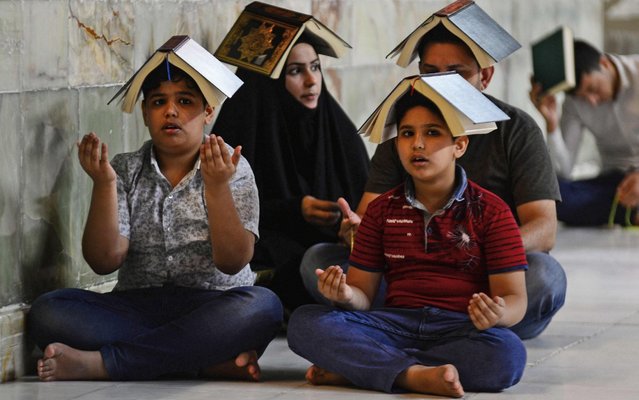
Shiite Muslims gather, albeit in fewer numbers due to the COVID-19 pandemic, at the Imam Ali shrine in the central Iraqi holy city of Najaf late on May 16, 2020, to mark Lailat al-Qadr, a night in the holy month of Ramadan during which the Koran was first revealed to the Prophet Mohammed in the seventh century. Worshippers placed copies of the Koran on their heads to convey veneration during the overnight prayers in a centuries-old ritual, as they pleaded to God to rid them of the ongoing novel coronavirus pandemic. (Photo by Haidar Hamdani/AFP Photo)
19 May 2020 00:07:00,post received
0 comments

